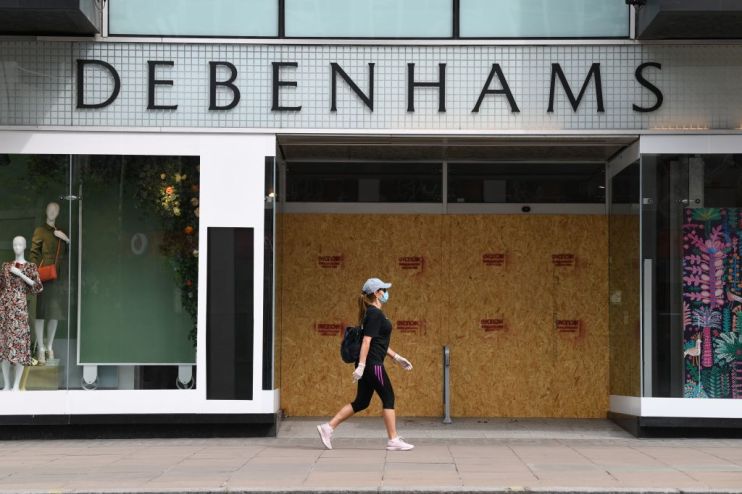Covid is an opportunity to scrap business rates altogether

No business can rightly complain about paying a reasonable amount of tax on profits it earns.
Taxes on turnover, such as VAT and stamp duty, are less justifiable, as they are a tax on transactions. In these straitened times such taxes should be cut.
But by far the worst kind of tax is property tax, known as business rates. It is a tax on the simple act of seeking to do business.
By its nature, the burden of this tax falls hardest on startups, small companies, and businesses experiencing difficulties. They have little income and often have to bear this tax out of capital — which is also, more often than not, scarce.
The tax is therefore a barrier to entry, protecting incumbents and empowering them to tighten their grip on the sectors in which they operate. It is a tax which stifles entrepreneurs and invention. In doing so, it also robs the economy of competition and pushes up prices for consumers.
Arguments about business rates have been raging for years, but successive governments have been unwilling to definitively resolve the issue. In 2015 the British Property Federation called them “an analogue tax in a digital age”, and many people from across the political spectrum have highlighted how they unfairly penalise high street retailers, which lose out to online rivals.
Coronavirus has only accelerated the move towards online shopping, and high streets are in real danger unless we see tax parity between digital and traditional retail.
The government was therefore right to provide a coronavirus crisis “business rates holiday” until March 2021 for retail and hospitality property. But it should use this opportunity to go much further.
Business rates typically equate to roughly 50 per cent of a property’s rent, a massive additional cost, in particular for retailers. The CBI estimates that business rates are, in real terms, 40 per cent higher than in 1990. It has called on the Treasury to freeze business rates for the next two years, and then reduce them to around 44p in the pound. It also wants more regular valuations to avoid the tax becoming an even bigger proportion of rent as these fall in the current environment.
The CBI’s proposals go in the right direction, but they are too timid. The government should scrap business rates altogether.
After shutting down whole sectors of the economy, the return of business rates next year may be the final nail in the coffin for many jobs. The trade association the New West End Company said last month that up to 50,000 jobs in London’s West End alone are at risk if more help is not given to them with business rates. That would be another 50,000 people not paying income tax, and instead claiming Universal Credit.
Business rates account for roughly four per cent of the UK’s tax revenues, slightly less than council tax. It is a significant amount of money, but the government should be bold. Getting rid of this tax would reduce the cost of doing business by nearly £30bn per annum. This saving would save jobs, preserve income taxes for the Treasury, avoid the need for benefit payments, and generate additional corporation tax.
It is a wholly sensible move — particularly at this juncture, with so many businesses on their last legs.
Calls for change are growing louder, and will reach a shriek when the March rates reintroduction takes its damaging hold. But by then it will be too late. The government must act now, and act boldly.
Main image credit: Getty